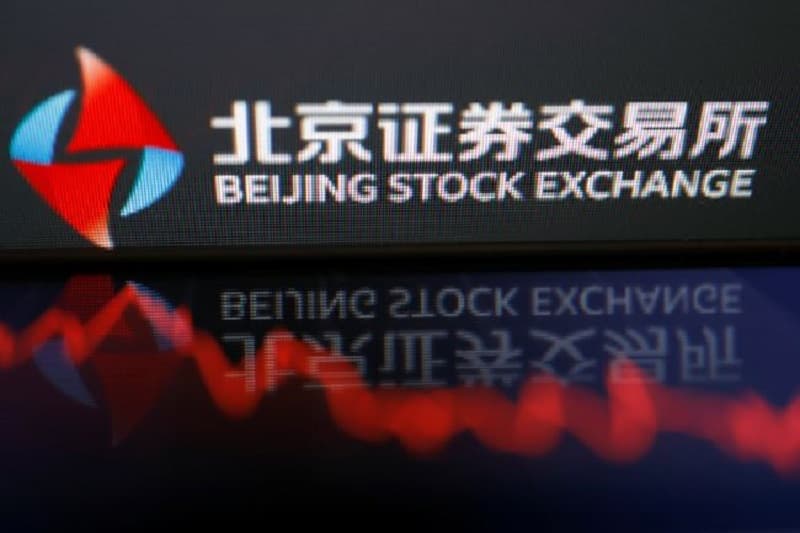China's newly proposed 15th five-year plan offers long-term growth ambitions but few concrete policy commitments, according to market strategists.
BCA Research, a macroeconomic research firm, believes that it is "too early to invest in stocks in any sector of China solely based on Beijing's five-year plan," and expects reform risks over the next 12 months to put pressure on stocks.
The proposal, published after the Fourth Plenum, sets out broad goals to support growth, raise household incomes, and promote industrial modernization from 2026 to 2030.
However, BCA strategists point out that the previous five-year plans consistently achieved their growth goals without providing sustained stock outperformance.
"History reminds us that the performance of Chinese stocks — both in general and across sectors — was much more determined by business cycles and profit cycles than by ambitious statements in official documents," the team led by Jing Sim wrote.
The BCA estimates that China will need nominal GDP growth of 4.5-5% per year until 2035 to achieve the status of a "moderately developed" country according to the World Bank classification, compared with the 4.1% recorded this year.
However, strategists warn that higher growth targets alone do not guarantee profitability, especially as Beijing's industrial priorities could increase deflationary pressures and geopolitical tensions.
The report emphasizes that the low share of consumption in China's GDP is not related to low consumer spending, but to the investment sector, which has been "expanding too fast and for too long." It warns that increasing the share of consumption in the economy without reviving investment could harm job creation and income growth, ultimately affecting household demand.
The strategists also noted that Beijing's desire to "build a modernized industrial system" and mobilize national resources to achieve technological breakthroughs could "exacerbate deflationary pressures and heighten geopolitical tensions," especially as China seeks to expand its share of global manufacturing.
They point out that each five-year plan usually begins with a "tidying up" phase, when authorities tighten regulations to correct previous excesses.
Such cycles have historically caused Chinese stocks to lag behind global peers in the early years of each plan. Sectors that have benefited from political support — such as real estate and Internet companies in the last decade - have often been the next targets of regulatory crackdowns.
BCA expects that the premium alcohol and electric vehicle sectors may be next in line. The company claims that luxury alcohol producers such as Kweichow Moutai may face inspections as part of updated austerity measures, while electric vehicle manufacturers risk greater oversight due to overcapacity, aggressive price wars, and growing leverage.
"Beijing's drive to curb excess and promote high—quality growth suggests that sectors marked by speculation, overcapacity, and moral hazard may face increased regulatory scrutiny," the report said.
From a portfolio perspective, BCA retains a preponderance in Chinese offshore stocks, but remains cautious about domestic A-class stocks and domestic bonds. The company closes its long position on consumer necessities, mainly represented by alcohol producers, and opens a short position on shares of the automotive sector in the domestic market.
While Beijing's policy focus remains on expanding supply, strategists argue that this is likely to maintain deflationary pressures — supporting lower yields and higher yields on government bonds.
Overall, BCA said the 15th five-year plan "signals continuity rather than a sharp policy reversal," the strategists noted. He confirms long-term goals for growth, domestic demand, and technological self-sufficiency, while warning that the simultaneous pursuit of all these goals could revive old imbalances or create new structural imbalances.
